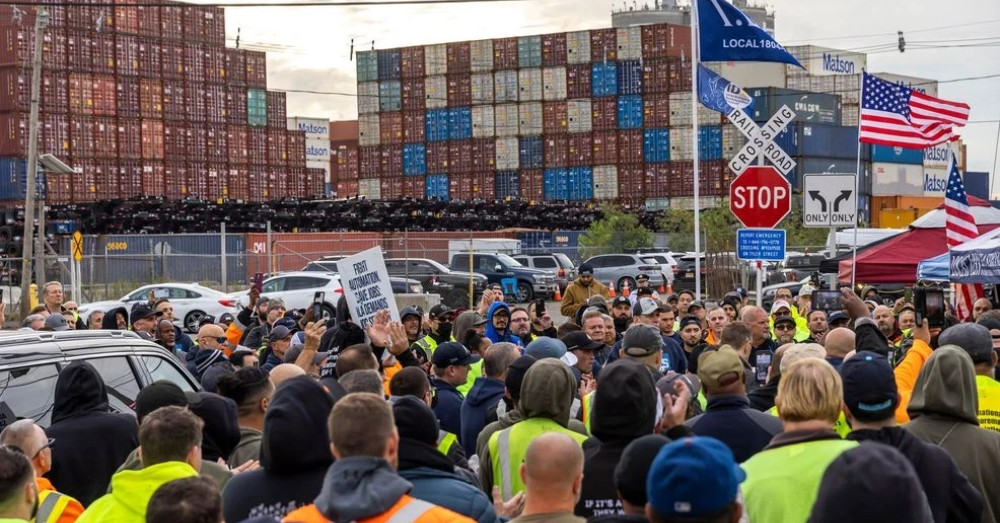The recent three-day port strike on the East and Gulf coasts caused some pretty big disruptions across various industries, including the automotive sector. While the strike may have only lasted a few days, the ripple effects are expected to impact the sale of new and used cars for weeks to come. From delayed vehicle deliveries to parts shortages, the automotive industry will feel the effects of this disruption well into the future. Here’s a look at how the strike could impact car sales and services.
New Car Sales: Delays and Shortages
The primary impact of the strike on new car sales is the delay in vehicle deliveries. Many automakers rely on ports to import new vehicles, and with thousands of containers waiting to be unloaded, dealerships are likely to face shortages. This is particularly concerning for high-demand models or newly released vehicles, which may now take longer to arrive at dealerships.
For consumers, this could mean fewer options when shopping for a new car, as well as potential price increases due to limited availability. Dealerships may also struggle to meet sales targets as they wait for delayed shipments to arrive.
Used Cars: Tight Inventory and Increased Demand
The impact on used car sales may not be as immediate, but it could become more pronounced over time. With new cars potentially shrinking due to the strike, demand for used cars is likely to increase. Consumers who can’t find the new vehicles they want may turn to the used car market, which could drive up prices and reduce availability.
This trend was seen during previous supply chain disruptions, where the limited availability of new cars pushed consumers toward the used market. Dealerships specializing in used cars may benefit from increased demand, but they may also face challenges in restocking as delays in parts, and supply chain disruptions trickle down to the used car market.
Service Departments: Parts Shortages and Delays
The effects of the port strike aren’t limited to sales; service departments will also face challenges. Many automotive parts are imported, and the delay in unloading cargo ships will likely cause parts shortages. This is particularly concerning for dealerships that provide service and repair for specific brands, such as Lexus, where proprietary parts are often imported.
For consumers, this could mean longer wait times for repairs and maintenance. Dealerships may need to communicate clearly with customers about potential delays and explore alternative solutions, such as sourcing parts from domestic suppliers. In some cases, dealerships may even need to prioritize urgent repairs over routine maintenance to manage the limited supply of parts.
The Road Ahead
The three-day port strike may be over, but its impact on the automotive industry is just beginning. From delayed shipments of new cars to potential parts shortages, dealerships are heading into a challenging period as the supply chain recovers. Whether you’re in the market for new or used cars or in need of service, the effects of the strike will likely be felt for weeks, if not months, to come.
This post may contain affiliate links. Meaning a commission is given should you decide to make a purchase through these links, at no cost to you. All products shown are researched and tested to give an accurate review for you.

